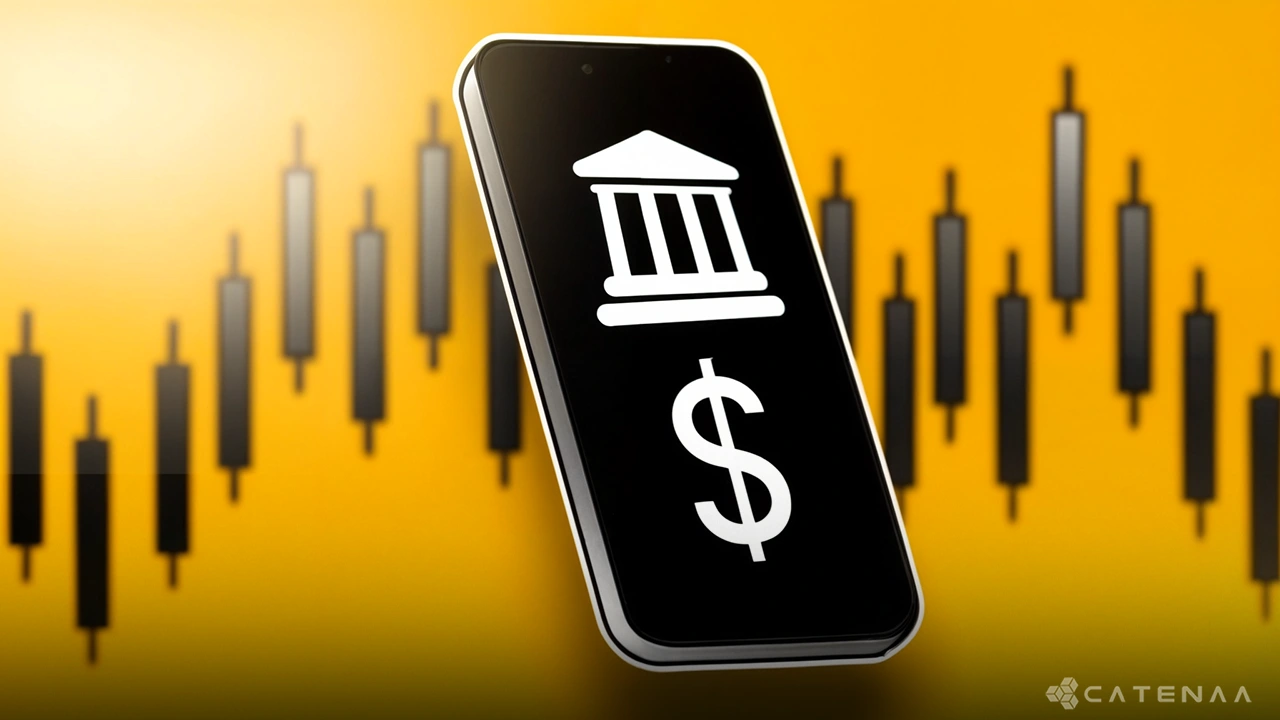ZURICH, Thursday, August 01, 2024 – Swiss digital asset bank Sygnum announced last Thursday, July 25, that it had turned a profit in the first half of 2024, driven by surging trading volumes and lending activity.
The bank reported a doubling of crypto spot trading and a fivefold increase in derivatives trading compared to the same period last year. Lending volumes also soared by more than 360%.
Sygnum now plans to expand its operations into the European Union, aiming to secure licenses under the newly implemented Markets in Crypto Assets (MiCA) regulatory framework. The move will position the bank to offer its services across the 27-nation bloc.
With approximately $4.5 billion in client assets and over $125 million in core equity capital, Sygnum has solidified its position as a leading player in the digital asset banking sector.
The company’s profitability underscores the growing maturity of the cryptocurrency industry and the increasing demand for regulated financial services in the space.
According to Signum website it plans to enter the European Union market in Q1 2025, establishing a new office and securing additional licenses to comply with MiCA (Markets in Crypto-Assets) regulations.
Sygnum is a Swiss-based digital asset bank that offers a range of financial services related to cryptocurrencies.
Established in 2017, the bank has positioned itself as a regulated and secure platform for institutions and individuals to engage with digital assets.
Sygnum provides services including custody, trading, tokenization, and asset management, aiming to bridge the gap between traditional finance and the cryptocurrency ecosystem.
MiCA stands for Markets in Crypto Assets. It is a comprehensive regulatory framework introduced by the European Union to govern the issuance, trading, and custody of cryptocurrencies within the bloc.
Designed to protect consumers and investors while fostering innovation, MiCA aims to create a level playing field for crypto businesses operating in the EU.
The regulation covers a wide range of crypto activities, including issuing stablecoins, providing crypto exchange services, and custody of digital assets.


